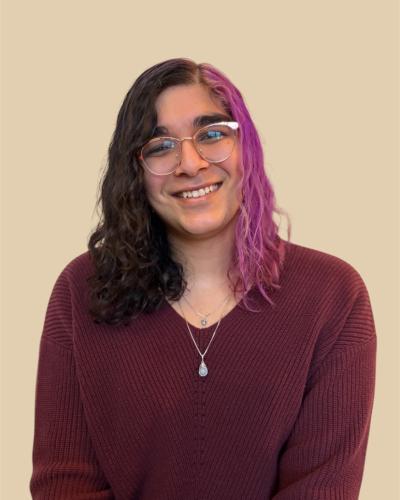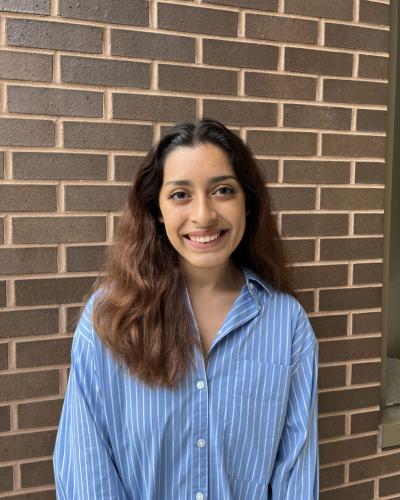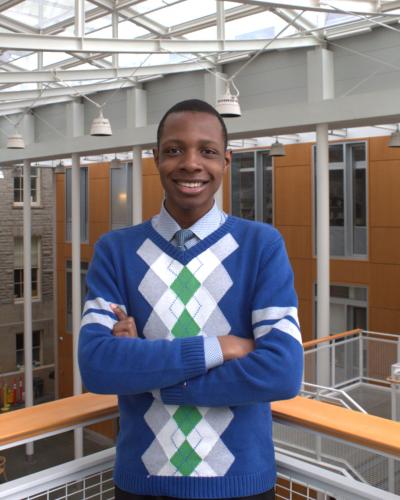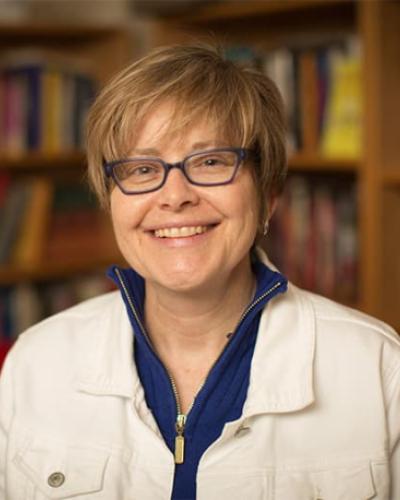Get your glitter ready for the 30th anniversary celebration of Cornell’s Lesbian, Gay, Bisexual, and Transgender Studies Program. Click here for more information about our exciting anniversary events. Check back often for new additions and initiatives, which will be added throughout the year. We are collaborating with The Program in Feminist, Gender, and Sexuality Studies, which turns 50!
Cornell boasts a long and storied history of LGBTQ+ activism and advocacy. The university established the nation’s second student homophile league (after Columbia) in May 1968. Our alumni participated in the Stonewall Uprising and marched as a contingent in the first gay pride parade, originally called Christopher Street Liberation Day. Lesbian graduate students were instrumental in the founding of Women’s Studies. But, it wasn’t until the mid-1990s, with the rise of queer theory in the wake of the AIDS epidemic, that sexuality studies became a formal academic minor. Today, we are a vibrant and vital Program with field faculty members who represent more than a dozen disciplines. Thanks to the passionate and dedicated work of students, faculty, staff, and alumni, LGBT Studies is an integral part of the college curriculum and of university life more broadly, from our campus-wide Lavender Graduation to our recently dedicated Loving House residence hall.
Our anniversary provides an occasion to reflect on LGBTQ+ histories as we take stock of the present and chart our futures. While we have made crucial advances in civil rights, we are painfully aware that these political gains coincide with efforts by local, state, and federal representatives to repeal hard-won liberties. Gay, transgender, two-spirit, gender-nonbinary, and queer folx face continued threats of physical violence and discrimination. The COVID-19 pandemic disproportionately affects the lives of socially, economically, and politically marginalized peoples. Struggles LGBTQ communities endure are amplified during this crisis, including homelessness and poverty, health disparities, and victimization, all of which occur at higher rates compared to our heterosexual and cisgender peers. For Black, Indigenous, and LGBTQ+ people of color, oppression is compounded by the violence of white supremacy, systemic discrimination, and anti-Black racism. Scholarly engagement remains more relevant than ever, so please join us in conversation for “TRANS*forming the Future: 50 years of Feminist and LGBT studies at Cornell.”
Sara Warner
Director, Program in LGBT Studies





